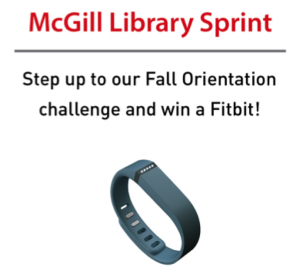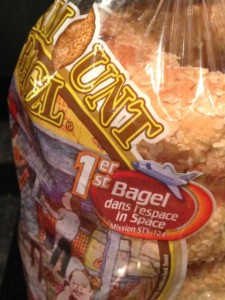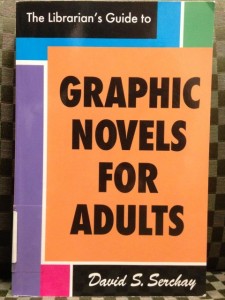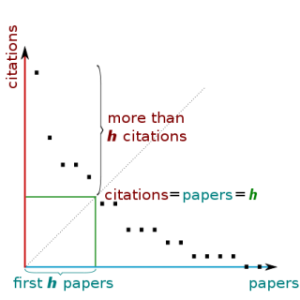At Schulich Library we ♥ science and we have created an amazing lineup of events to share our love of science with you. This year we are participating in Science Literacy Week and it is only one week away: September 21st – 27th.
I invite you to visit our guide to Science Literacy Week @ McGill, where you will find info on exhibits and events organized by the Library and the Redpath Museum.
There are so many events scheduled that I will let the list speak for itself:
- Launch of Arduino and Raspberry Pi lending (Schulich Library lobby)
Monday, September 21, 10am - Tour of the McGill Physics Collections (Rutherford Museum)
Monday, September 21, 11am - Getting started with 3D Printing (Workshop at Schulich Library)
Tuesday, September 22, 1pm (full) + Wednesday, September 23, 11:30am - Tour of the McGill Physics Collections (Rutherford Museum)
Wednesday, September 23, 11am - Why the warming can’t be natural: harnessing butterflies for climate closure (Lecture from Prof. Lovejoy at Redpath Museum)
Wedneday, September 23, 4pm - Connecting with reliable, open access health information on the Web (Workshop at Schulich Library)
Thursday, September 24, 12pm - Tour of the Osler Library of the History of Medicine
Thursday, September 24, 3pm - Global health: Opportunities to make a difference (Lecture from Professor Pai at McIntyre Medical Building)
Thursday, September 24, 4pm
- A day in the life of a honeybee (Workshop in Macdonald Harrington Building)
Thursday, September 24, 5pm - McGill Library Digitization Lab Open House (Redpath Library Building)
Friday, September 25, 1pm - If Trees could Talk followed by the film Butterfly (Redpath Museum)
Friday, September 25, 5pm - Family Science Challenge (Redpath Museum)
Sunday, September 27, 11:30am
Register today!

 The
The 

